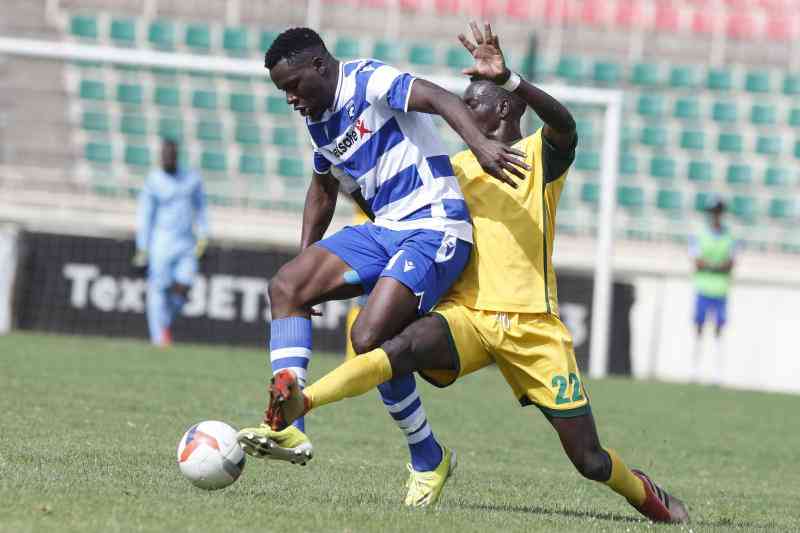×
The Standard e-Paper
Home To Bold Columnists

There are players - and then there are players who captain the team.
School boys playing football along dusty streets of some 'mtaa' have the owner of the ball as the captain, while in school, it is the sports master who picks the captain.